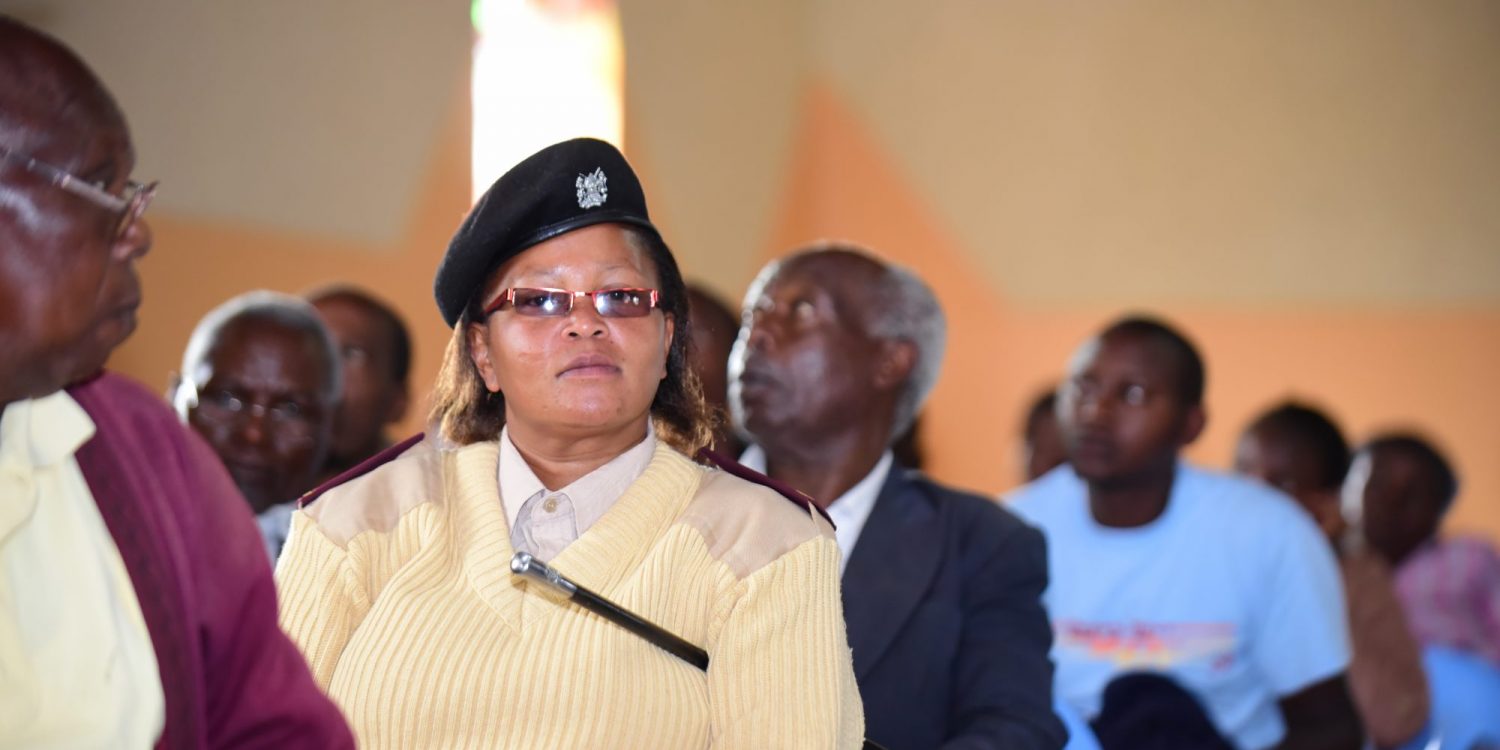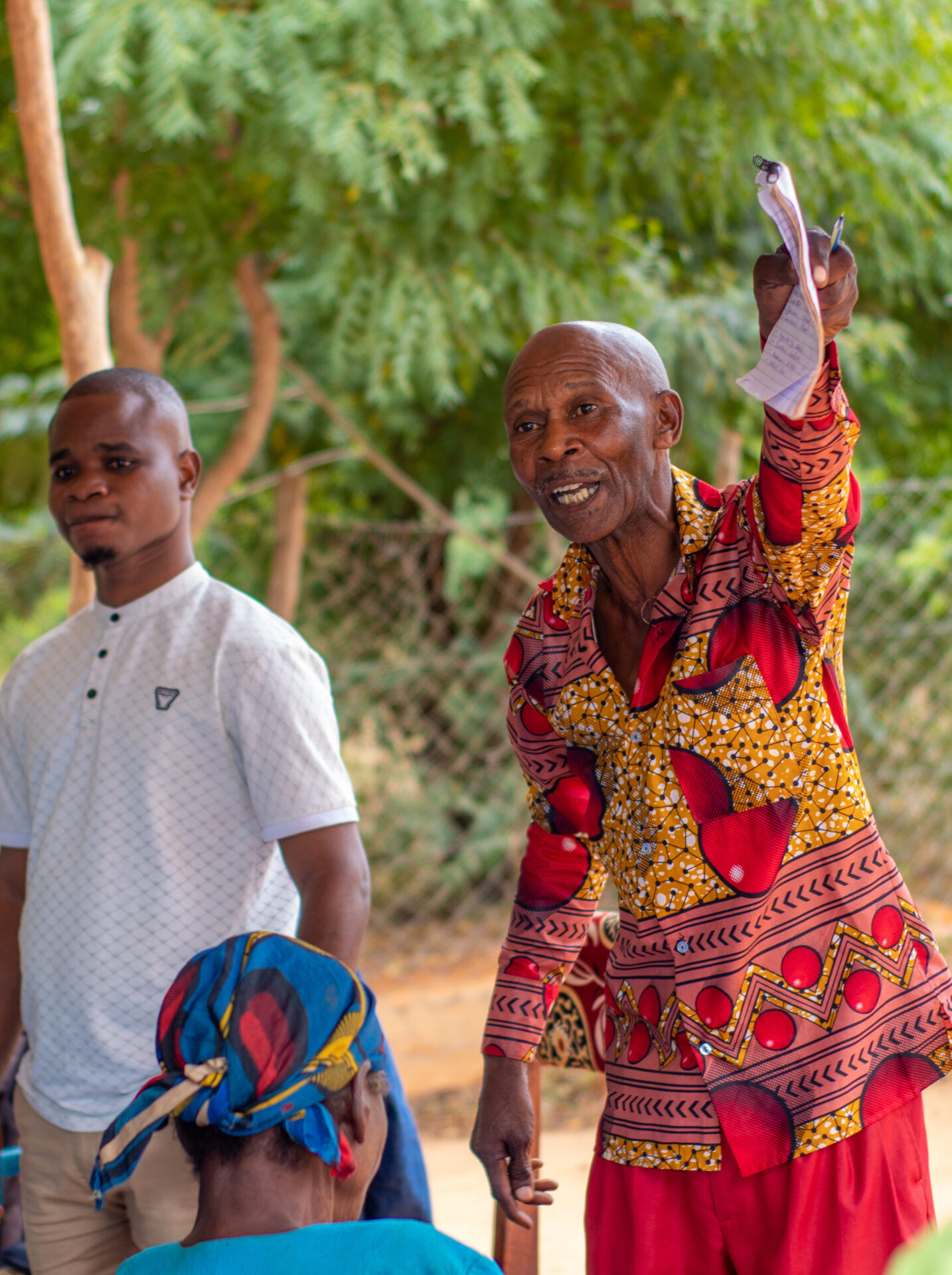Recently, we participated in a national Open Government Partnership forum was held in Nairobi. This forum, organised by the Constitution and Reform Education Consortium (CRECO), brought together civil society, academia, media, private sector and multilateral institutions. The debate focused on the progress of implementation of the OGP Kenya commitments.
At this forum, key issues emerging from the discussions included the lack of engagement among African leaders/government and failure to share experiences. For example, observations were made that the Kenyan government has generally taken a backseat in OGP. While the country has made some good initial progress at delivering a national action plan (July 2016 – June 2018), there has been decreased engagement by government on the progress that is being made.
The Open Government Partnership is a multilateral global governance initiative formed in 2011 with an aim to secure commitments from government to promote transparency, empower citizens and harness new technologies to strengthen governance. Kenya was among the early signatories to the OGP commitment and signed its first commitment to the OGP in the year 2011.
Being a member of the OGP one of the requirements of member states is to come up with the respective countries’ national action plan with key commitments/ road map on how to get towards a government that is more open, accountable and more responsive to citizens. The collaboration between civil society and government working together to develop and implement ambitious open government reforms based on each state’s commitments. This collaboration recently has been seen as a sole initiative by civil society to not only implement the commitments but hugely co-ordinate the OGP space.
OGP forums to discuss progress in the implementation of the OGP have over the last 6 years, been organised by civil society with a high priority invite to Government as a key stakeholder. Whether government consequently attend such forums or not is another discussion altogether. The National Action Plan commitments are normally developed by Government in collaboration with civil society. The implementation of the first National Action Plan (2014-2016) commitments was marred with rampant corruption in government institutions, poor leadership and integrity, tribalism and lack of political will.
The OGP platform as a state initiative should ideally have governments take the lead on the implementing the commitments, strategically collaborating to foster the implementation of the commitments, putting in place structures and mechanisms to monitor the implementation of the commitments at the county levels. In the current NAP II phase, we are however seeing new impressive developments at the subnational level especially in the counties of Makueni and Elgeyo Marakwet. Elgeyo Marakwet as one of the counties selected in Africa as part of the sub-national pilot project programme.
In Elgeyo Marakwet, they have come up with with their own commitments.
- Citizen engagement in local governance through the identification and scaling of successful approaches to public participation at the ward level;
- Citizen awareness on budget allocation;
- Improving the accountability of public services in priority sectors by developing channels;
Elgeyo Marakwet County Government is on the forefront of citizen engagement and participation where they circulate approved budgets to citizens. As a result of the citizens noticing the missing projects as per the budget, were able to do petitions to the County Government demanding for explanations for the missing projects.
In Makueni county, they have incorporated the office of the village administrator where citizens can freely walk to the office and request for any information concerning the county. In addition, the Makueni County has a county FM station by the name Ene FM that is used to announce any information concerning the county including any advertisements for bids, contracts, employment opportunities.
Other countries such as South Africa, Canada, United Kingdom and Malawi face a range of challenges as government in taking a much more stronger role in OGP. In South Africa for example, in an event to discuss how government’s progress in implementation of OGP, lack of coordination among government departments was established. In Canada, the government has gone ahead to put in place structures for coordination of policy implementation. In the United Kingdom, having political will to guide the opening of data has played a major role in timely and accurate release of data. They however have challenges convincing some government officials of the need to open data. In Malawi, the integrity of government institutions in working towards OGP has been threatened.
The immediate action points in unravelling why government has not consistently been on the lead in OGP is key. With corruption heading the list of reasons as to why government is not very instrumental in the implementation of OGP, there are other factors which can only be laid out accurately by having a forum inviting government to talk of their experience with OGP.













